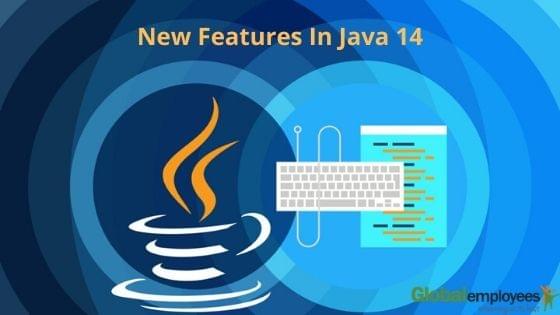Java is a general-purpose, concurrent, object-oriented, class-based and runtime environment consisting of JVM which is the cornerstone of the Java platform. Java has been in use in different domains that include banking, retail, information technology, Android, financial services, stock market, big data, and the scientific and research community. Java is quite similar to C++, but it has advanced and simplified features. Java allows free access and runs on all platforms. Hence, it is a computing platform where you can develop applications.

The Java Development Kit (JDK) is one of the three core technology packages used in Java programming, along with the JVM (Java Virtual Machine) and the JRE (Java Runtime Environment). The JVM is the Java platform component that executes programs. The JRE is the on-disk part of Java that creates the JVM. The JDK allows developers to create Java programs that you can implement and run by the JVM and JRE.
New Java developers for hire often confuse the Java Development Kit and the Java Runtime Environment. The difference is that JDK is a package of tools for developing Java-based software, whereas the JRE is a package of tools for running Java code.
Developers can use JRE as a standalone component to run Java programs, but it is also part of the JDK. The JDK requires a JRE because running Java programs is part of developing them.
The release of JDK 14 will be the Reference Implementation of version 14 of the Java SE Platform, as JSR 389 has specified in the Java Community Process. The development repositories are open for bug fixes, small enhancements, and JEPs as proposed and tracked via the JEP Process. The JDK 14 continues to take shape with multiple features, including a packaging tool and records that it has introduced recently. JDK 14 is scheduled for a production release on the 17th of March, 2020, following the six-month release cadence set for Java.

The latest features include:
Records which will provide a compact syntax for declaring classes that are transparent holders for shallow immutable data. The proposal mentions that is should be comfortable and concise to declare shallowly immutable, well-behaved, and nominal data aggregates.
A Packaging Tool in an incubator phase of development, for packaging self-contained Java applications. The tool's base will be the JavaFX javapackager. Previously, they had included such a device in Java. But it was eliminated from JDK 11 as part of the removal of JavaFX.
Enhance the language with Pattern Matching for the instance of operator. It will be a preview feature in JDK 14. Pattern matching allows common logic in a program, principally the conditional extraction of components from objects, to be more concisely and safely expressed.
The second preview of Text Blocks, a multi-line string literal that avoids the need for most escape sequences and automatically formats the series predictably. Text blocks will give the developer control over the format when he desires, simplify the writing Java programs, and enhance the readability of strings. Text 5. Blocks were previewed in JDK 13. The JDK 14 iteration will add two new escape sequences.
Deprecating the combination of the Parallel Scavenge and Serial Old garbage collection algorithms. Java maintainers believe this combination is minimal in use but demands extensive maintenance.
Porting of ZGC to macOS and Windows. It has been supported only on Linux this far.
Also Read -Most Common Mistakes That Java Developers Make.